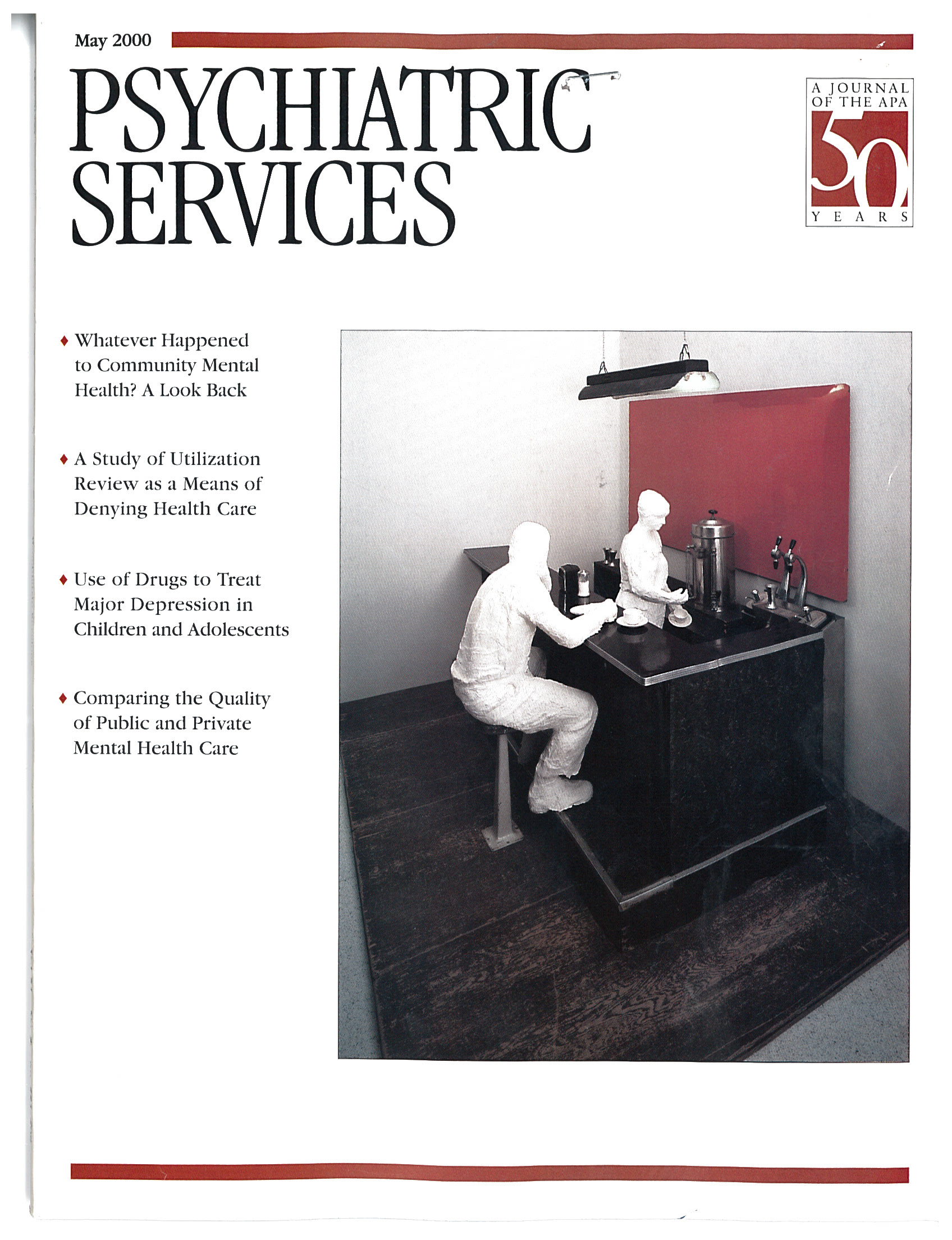This fine book gives the reader a state-of-the-art appraisal of a very difficult and almost invariably painful subject. The editors not only have selected contributors who are experts in the field and have produced chapters that are uniformly scholarly and readable, but also have succeeded masterfully in their mission: to explore specific issues within the broad theme of sexual misconduct and to include the perspectives of professional organizations, medical licensing boards, forensic specialists, insurers, clinicians, and patients.
In the first of the book's four sections, called Forensic Issues, Thomas Gutheil explains matters associated with civil litigation in sexual misconduct, including false claims. Larry Strasburger covers criminalization of physician sexual misconduct; as of 1998, statutes were in effect in 16 states. He presents arguments both for and against criminalization and asks the very thoughtful question "Does criminalization go too far?" Alan Stone and Duncan MacCourt provide a highly detailed and exhaustive analysis of malpractice insurance and sexual misconduct in their chapter, "Insurance Coverage for Undue Familiarity: Law, Policy, and Economic Reality."
Section 2, Ethical and Regulatory Issues, begins with a chapter by Elissa Benedek and David Wahl, who outline the ethical positions of both the American Psychiatric Association and the American Medical Association; the psychiatric association, for instance, has no statute of limitations on unethical conduct. Joseph Bloom and his associates explain the roles and responsibilities of medical licensing boards. Their database includes complaints of sexual misconduct to the Oregon Board of Medical Examiners and results of a national survey of medical boards focused on sexual misconduct. The answer to the question of how well the medical profession is doing at policing itself in relation to reports to medical boards is "not very well." Gail Robinson outlines the approach to sexual misconduct in Canada, where all complaints are investigated by provincial medical licensing bodies.
In section 3, Physician Education, Jerald Kay and Brenda Roman address prevention of sexual misconduct. They decry the paucity of teaching on this subject and offer suggestions about both content and process for curricula for medical students, psychiatric residents, and nonpsychiatric residents and continuing medical education for nonpsychiatric practitioners. In my opinion, not enough attention is directed to educating medical students and physicians to be ever-vigilant about their own mental health and intimate relationships, thereby reducing their susceptibility to crossing boundaries with patients.
Section 4, Therapeutic and Rehabilitative Issues, is largely clinical. The chapter by Janet Wolberg and associates, "Sexual Misconduct and the Victim/Survivor: A Look From the Inside Out," is passionate, disturbing, and a must-read. The authors state that "with few exceptions… the voices of acknowledged victim/survivors of sexual misconduct and exploitation have been largely missing." Glen Gabbard, arguing against oversimplification of this complex, multifaceted subject, says, "A more sensible and eminently more practical approach to the problem is to assume that we are all vulnerable to various boundary transgressions and take appropriate measures to prevent acting on strong feelings toward patients." His psychodynamic treatment suggestions and plan for rehabilitation are superb.
Next, Gene Abel and Candice Osborn outline important cognitive-behavioral strategies that they employ in the treatment of physicians with personality deficits, cognitive distortions, and paraphilias. In the final chapter, Malkah Notman and Carol Nadelson review considerations in the psychotherapy of individuals who have had sexual relations with a previous therapist—especially trust, strict maintenance of boundaries, and the myriad transference and countertransference issues that characterize this unique dyad.
Although this book is titled Physician Sexual Misconduct, its principles are useful for a full range of mental health professionals who want an encyclopedic update on therapist-patient misconduct. I also highly recommend the book to professional licensing boards and program directors.

